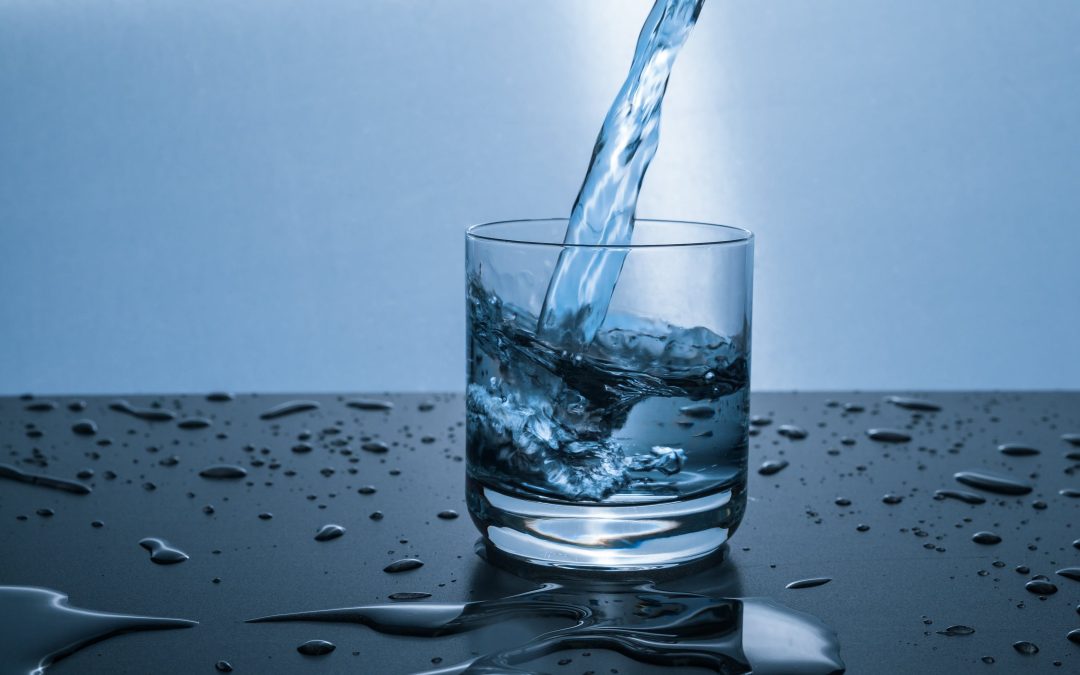The City of San Marcos is recognized by the Texas Commission on Environmental Quality as a “Superior Public Water System,” and is achieved by exceeding the minimum standards for operating a public water system and for the quality of the water.
The water quality in San Marcos is derived from a host of factors and filtering procedures. The city is required to meet certain state and federal regulations, but San Marcos aims to surpass that quality with its own processes.
San Marcos’ water supply is comprised of surface and ground water sources. The ground water comes from the Edwards Aquifer (South BFZ) and the surface water comes from Canyon Lake.
Rivers, lakes and streams are some of the main sources of drinking water and with them come contaminants that need to be reduced or altogether eliminated. From viruses to bacteria and pesticides to radioactive materials, there is much to be concerned about.
Public water and bottled water are governed by different entities as the U.S. Environmental Protection Agency regulates water provided by public water systems while the Food and Drug Administration establishes regulations for bottled water.
In a recent assessment of the San Marcos’ water sources, the Texas Commission on Environmental Quality concluded that the water is susceptible to particular contaminants and infants, some elderly, or immunocompromised are at risk.
Lead, in particular, is one serious threat to human health and can leak into water lines from service lines and home plumbing. One remedy to protect yourself against potential lead is flushing your tap for 30 seconds to two minutes before using water for drinking or cooking. If you’re concerned about your water, getting it tested is always recommended.
Below are the contaminants that were tested in the San Marcos water supply and none of them reached the maximum threshold.
- Barium comes from the discharge of drilling wastes, the discharge from metal refineries and the erosion of natural deposits.
- Fluoride is a result of erosion of natural deposits while also being a water additive that promotes strong teeth as well as a discharge from fertilizer and aluminum factories.
- Nitrate is the runoff from fertilizer use, the leaching from septic tanks and sewage, and the erosion of natural deposits.
- Selenium is derived from the discharge of petroleum and metal refineries along with the discharge from mines. It also comes from the erosion of natural deposits.
- Radium comes from natural deposits as well.
- Turbidity, which is a measurement of the cloudiness of the water caused by suspended particles, comes from soil runoff.
- Chlorite, Haloacetic Acids and Total Trihalomethanes are all by-products of drinking water disinfection.
- Copper and Lead are the corrosion of household plumbing systems, the corrosion of natural deposits and the leaching from wood preservatives.
- Disinfectant Residual is Chlorine gas or Sodium hypochlorite used as a disinfectant to control microbes.
- Coliform Bacteria is naturally present in the environment.
- Finally, the total hardness of the water is measured and that is formed when water percolates through deposits of limestone and chalk which are largely made of calcium and magnesium carbonates.
Solutions
There are several methods to neutralize and eliminate these potential threats thanks to Basin Water Solutions.
Your first option is a Whole House Water Filtration system and water softeners, which filter out and lessen the hardness of water. Measured in grains per gallon (GPG), hardness refers to the amount of dissolved Magnesium and Calcium in your water. Anything above 3 GPG is considered harmful to the home plumbing, appliances, water heaters, and fixtures. Furthermore, Chloramines are common disinfectants for drinking water, especially in industrial water. Water softeners will properly balance out the minerals and you won’t have to worry about Chloramines.
Basin Water Solutions also offers Water Treatment and Commercial Water Treatment that uses the latest integrated technologies to effectively remove Iron, Calcium, Manganese, Arsenic, heavy metal, Fluoride, Sulfide, Nitrate and many other contaminants from water sources.
Finally, Reverse Osmosis can filter your water by getting tap water across a semipermeable membrane in order to get rid of any impurities that may be in the water. Furthermore, the process gets rid of salt and other inorganic solids by removing them from the solution. Chloramine, Chlorine, Fluoride, pesticides, Nitrates, Sulfates and others are removed via Reverse Osmosis.
These methods are great options to clean and purify your water. Basin Water Solutions can install, repair, and maintain these systems with superior customer service.

